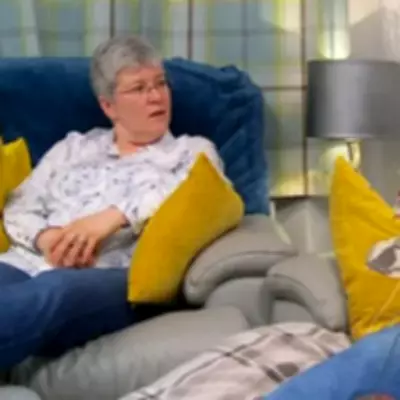
Netflix's glamorous reality sensation Selling Sunset has exposed its newest star to the terrifying dark side of fame, with Bre Tiesi revealing she's received shocking death threats since joining the hit property series.
The Price of Reality TV Stardom
In a candid revelation that exposes the ugly underbelly of celebrity culture, Tiesi confessed to experiencing "horrific" online abuse that escalated to direct threats against her life. The luxury real estate agent, who joined the Oppenheim Group in season six, never anticipated such vicious backlash from viewers.
From Screen to Nightmare
"The hate has been next level," Tiesi disclosed, describing how the transition from relative anonymity to Netflix fame turned her world upside down. "I've had people threatening to kill me, saying they know where I live. It's been absolutely terrifying."
The mother-of-one expressed her shock at the intensity of the abuse, particularly given the show's focus on high-end property deals and glamorous Los Angeles lifestyles. Rather than discussing multimillion-dollar listings, Tiesi finds herself confronting genuine safety concerns.
A Growing Problem in Reality Television
Tiesi's experience highlights an increasingly common issue facing reality stars worldwide. As streaming platforms amplify their reach, participants often find themselves unprepared for the global scrutiny and dangerous fan interactions that follow.
- Reality stars facing unprecedented online abuse
- Death threats becoming increasingly common
- Mental health impacts of instant fame
- Production companies' duty of care questioned
Beyond the Cameras and Contracts
While Selling Sunset showcases breathtaking properties and dramatic office politics, Tiesi's revelations remind viewers that there are real people behind the carefully edited storylines. The glamour of reality television often masks the genuine psychological toll on its participants.
"You sign up for a show about selling houses," Tiesi reflected, "but nobody prepares you for strangers wanting to harm you because of how you appeared on television."
As the conversation around reality TV ethics continues to evolve, Tiesi's experience serves as a stark warning about the human cost of entertainment and the urgent need for better protection for those who become overnight celebrities through our screens.





